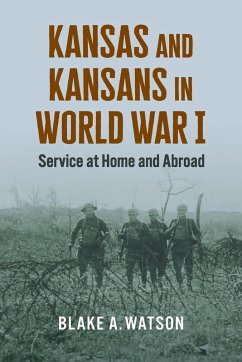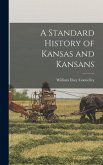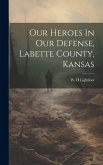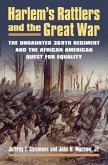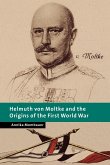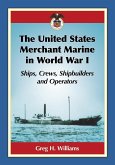When president Woodrow Wilson spoke in Topeka on February 2, 1916, in favor of a stronger military, he faced skepticism and outright opposition from many Kansas residents--including Governor Arthur Capper and University of Kansas chancellor Frank Strong. But when war against Germany was declared two months later, Kansans joined forces to lend support in money and manpower. In Kansas and Kansans in World War I, Blake Watson helps readers understand how World War I affected Kansas and its residents, and how Kansans in turn had an impact on the outcome of the Great War. Through thorough and extensive use of letters, newspapers, and other documents, Watson brings individual soldiers' service to life, using their own words to describe their attitudes and experiences. Watson also looks at Kansans' service and support on the home front, chronicling Kansans' participation in initiatives such as Liberty Loan bonds, newspapers' publication of military service honor rolls and soldiers' letters from abroad, and the xenophobia and hysteria that confronted Mennonites--who were pacifists--and German Americans. Finally, Watson describes postwar efforts to honor Kansas veterans and fallen soldiers with commemorations and memorials, including Haskell University's Memorial Arch, the University of Kansas's Memorial Stadium and Memorial Union, and Kansas State University's Memorial Stadium.
Hinweis: Dieser Artikel kann nur an eine deutsche Lieferadresse ausgeliefert werden.
Hinweis: Dieser Artikel kann nur an eine deutsche Lieferadresse ausgeliefert werden.

